Léon Foucault: The Man Who Proved the Earth Moves
In the annals of science, few individuals have managed to leave as indelible a mark as Léon Foucault. Born in France in 1819, Foucault initially pursued the study of medicine but later shifted his focus to the realms of physics and instrumentation, igniting the spark that would lead to groundbreaking revelations about our planet. His contributions fundamentally transformed our understanding of the Earth's dynamics and the nature of light, ensconcing his place in the pantheon of great scientific minds.
The Early Years and Path to Discovery
Jean Bernard Léon Foucault was born in Paris on September 18, 1819. Growing up in an intellectual environment, he was initially inclined towards medicine, enrolling in medical studies. However, the sight of blood sent him reeling, leading him to divert his attention to physics and experimentation—a decision that would forever change the course of scientific discovery.
In the early stages of his career, Foucault partnered with Hippolyte Fizeau, another budding scientist of the era. Together, they conducted a range of experiments on the speed of light, a fundamental pursuit that would lay the groundwork for Foucault's later feats. During this partnership, they measured the speed of light more accurately than ever before, providing essential insights into the nature of one of the universe's constants.
Foucault's Pendulum: Demonstrating the Earth's Rotation
While his work on light was significant, it was the invention of the Foucault Pendulum in 1851 that truly catapulted Léon Foucault into scientific legend. Prior to Foucault's discovery, the Earth's rotation was an established fact among astronomers, but it lacked a clear, tangible demonstration that could be easily experienced and verified.
Foucault's insight was elegantly simple yet profound: by suspending a long pendulum from a fixed point and allowing it to swing freely, it would trace a path that appeared to gradually rotate over time. This apparent motion is not an illusion but a direct consequence of the Earth's rotation beneath the pendulum. In doing so, the Foucault Pendulum provided a direct, observable proof of Earth's rotation, captivating both the scientific community and the general public alike.
The pendulum became a sensation, showcased first in the basement of his Paris home, and later at the Panthéon, securing Foucault's reputation as an innovative and brilliant thinker. By allowing ordinary people to witness the pendulum's motion, Foucault not only demonstrated a complex scientific principle but also made science accessible and understandable to the layperson.
Beyond the Pendulum: Gyroscope and Speed of Light
After the success of the Foucault Pendulum, Foucault turned his attention to other phenomena, most notably his work with the gyroscope. In 1852, he introduced the gyroscope as another device to demonstrate the Earth's rotation. The gyroscope, with its spinning wheel and rotatable axis, remains in a constant position relative to absolute space, thus offering yet another visual representation of the Earth's constant movement.
In addition to his experiments with the gyroscope, Foucault made significant advancements in measuring the speed of light. Opting to go solo after his partnership with Fizeau, Foucault devised more precise methods to measure light's velocity. Utilizing a rotating mirror, he was able to refine the measurement to an unprecedented degree of accuracy. His work not only confirmed the extraordinary speed of light but also paved the way for future studies, including Einstein's theory of relativity.
Legacy and Recognition
The significance of Léon Foucault's achievements did not go unnoticed during his lifetime. His groundbreaking experiments earned him numerous accolades and a revered status within the scientific community. He was awarded the prestigious Copley Medal by the Royal Society of London and was honored as a member of the French Academy of Sciences. These acknowledgments underscored the tremendous impact of his work and cemented his status as a pioneer of modern science.
Foucault's curiosity-driven approach and commitment to experimentation played a vital role in bridging the gap between theory and observation. His penchant for creating visually captivating demonstrations made complex scientific concepts accessible to the public, fostering a deeper appreciation for the natural laws governing our world.
Despite battling health challenges later in life, Foucault continued to contribute to science until his untimely death at the age of 48 in 1868. His legacy endures, with the Foucault Pendulum still gracing museums and science centers worldwide, a silent yet dynamic testament to the genius of a man who dared to witness the motion of the Earth itself.
In the next section, we will delve further into Foucault's other scientific contributions and the lasting influence of his work on contemporary physics, reflecting on how his innovations continue to shape our understanding of the universe.
Foucault's Lesser-Known Contributions to Science
While the Foucault Pendulum remains his most celebrated invention, Léon Foucault's legacy extends well beyond this singular achievement. His multifaceted contributions to the world of science showcase a versatility and depth that continue to inspire generations of physicists and engineers.
One of Foucault's notable, yet often overlooked, contributions is his work in improving telescope technology. During the mid-19th century, reflecting telescopes were hindered by issues like chromatic aberration, which led to distorted images. Foucault devised an innovative method to polish speculum metal mirrors with unparalleled precision, significantly enhancing the clarity and accuracy of telescopic images. This technique, known as the "Foucault knife-edge test," became instrumental in the development of modern telescope mirrors and remains a fundamental practice for astronomers today. By refining the mirrors, Foucault played a crucial role in advancing astronomical observations, allowing scientists to capture more detailed images of celestial bodies.
Moreover, Foucault's curiosity led him to explore the world of electromagnetism. In 1855, he developed a technique to demonstrate the rotation of the plane of polarization of light when passed through an external magnetic field—an effect known as Faraday rotation. Although not the first to observe this phenomenon, Foucault's experimental methods were precise and detailed, providing critical insights that furthered understanding in optics and electromagnetism.
The Challenge of the Ether: Investigating Light
The 19th century was a period of intense scientific debate, particularly concerning the nature of light and the existence of ether—a hypothesized medium through which light waves were thought to propagate. Despite contemporary acceptance of this concept, Foucault remained skeptical of the ether's existence and determined to probe deeper into the true properties of light.
In pursuit of this understanding, he conducted a series of experiments comparing the speed of light in air and water. His findings were revolutionary; light traveled more slowly in water than in air, contradicting the then-popular wave theory of light that postulated the opposite. This result lent support to the emerging particle theory of light, which was a crucial development for the eventual formulation of quantum mechanics.
Foucault's meticulous work in optics showcases his dedication to empirical evidence and experimentation, characteristics that define the scientific method. His innovative techniques and results profoundly impacted the prevailing theories of light, setting the stage for the future exploration of photonics and quantum phenomena.
Influence on Future Generations and Scientific Thought
Léon Foucault’s relentless inquiry and adeptness with experimental tools have left a lasting impact on both his contemporaries and subsequent generations. By bridging gaps between theoretical physics and observational evidence, he laid foundational stones for future scientific breakthroughs.
Perhaps one of Foucault's enduring influences is his role in fine-tuning the precision of scientific instruments. This contribution cannot be understated, as accurate instruments are the backbone of empirical science. His improvements in technologies like the telescope have been instrumental in various fields ranging from astronomy to optical engineering, allowing scientists to reach new horizons previously thought impossible. His work thus underscored the importance of continual improvement and precision in experimental apparatus, a principle that remains at the heart of modern research and development.
Additionally, Foucault’s investigations into the nature of light have influenced the theoretical frameworks upon which modern physics was built. His results provided critical experimental data that challenged existing paradigms, paving the way for the revolutionary ideas of Maxwell, Einstein, and other prominent physicists. By questioning and testing established notions, Foucault exemplified the kind of scientific skepticism that is central to progressing human understanding of the universe.
A Visionary in the Scientific Community
Léon Foucault's career goes beyond the scope of traditional scientific endeavors. His contributions extended into the realm of public science communication. By creating experiments that could be visually appreciated and comprehended by non-specialists, Foucault bridged the gap between scientific communities and the general public. The Foucault Pendulum became not just a fascinating exhibit, but a symbol of scientific discovery that drew visitors eager to witness the movement of the Earth firsthand.
This ability to engage and educate the public reflects an underlying passion for science outreach and education. In an era when scientific knowledge was often confined to elite circles, Foucault's openness helped democratize science. His legacy persists in this regard, serving as a reminder of the importance of making science accessible and relatable to all, an ethos still championed by educators and institutions today.
In the upcoming section, we will explore how Léon Foucault's contributions have permeated beyond physics into broader fields of technology and innovation, and discuss how his ethos of curiosity-driven science continues to inspire today's leading scientific minds.
Foucault's Impact on Modern Technology and Innovation
As the scientific community continues to evolve, the foundational work laid by pioneers like Léon Foucault persistently informs and influences cutting-edge technological advancements. Foucault's explorations, particularly in the realm of optics and metrology, have provided influential models and methodologies that remain relevant in contemporary science and technology.
Foucault's pioneering techniques in polishing telescope mirrors bear a direct lineage to modern optical engineering. The principles he introduced for improving lens and mirror accuracy are foundational in the precision required for creating fiber optics, laser technology, and the sophisticated imaging equipment used in a variety of fields, including medical diagnostics like endoscopy and laparoscopic surgery. As industries strive for innovations in creating smaller, more powerful devices, the precision honed by Foucault’s work becomes indispensable.
Moreover, the Foucault Pendulum has transcended its origins to become a timeless educational tool, an embodiment of the principles of physics at play. Its design is deceptively simple, yet it encapsulates profound truths about rotational mechanics and gravitational forces. This aspect of Foucault's legacy emphasizes the importance of intuitive educational methods that help cultivate a new generation of inquisitive minds, eager to probe the mysteries of the natural world.
The Pursuit of Knowledge: Foucault's Broader Influence
Foucault's life and work demonstrate the power of curiosity—unbound by traditional roles or disciplines—to drive human understanding forward. His career traversed various scientific domains, illustrating the interconnectivity of knowledge and the importance of an interdisciplinary approach in scientific study. By crossing boundaries, Foucault inspired a mode of thinking that is increasingly relevant in today's globalized academic and research environments.
The ethos of continual questioning and the refusal to accept limitations—whether in theoretical frameworks, experimental design, or the scope of an inquiry—epitomizes Foucault's enduring influence on scientific philosophy. He approached problems not as insurmountable challenges but as intriguing mysteries waiting to be unraveled. This mentality sets an example for researchers facing today’s own scientific frontiers, from deciphering the complexities of quantum computing to exploring the potential of artificial intelligence.
Commemorating Foucault's Legacy
In acknowledging Léon Foucault's contributions, myriad institutions have sought to pay tribute to his work through exhibitions, educational programs, and research initiatives. The worldwide fascination with Foucault's Pendulum, found in numerous museums and science centers, serves as a direct homage to his ingenuity and provides an ongoing platform for education and engagement with science.
Furthermore, awards and academic forums bearing his name strive to celebrate the spirit of innovation and boundary-pushing inquiry that Foucault embodied. Scholars and scientists continue to align with his visionary methods—pursuing research into how the fine details of natural phenomena might harbor keys to larger, revolutionary insights—all inspired by the groundwork that Léon Foucault laid more than a century ago.
In literary and academic discourse, Foucault is recognized as not just a physicist, but as a visionary whose ideas have transcended posthumous recognition, cementing his status as a forefather to modern scientific thought. His life's work acts as a catalyst that encourages contemporaries to push further, think deeper, and never cease questioning the fantastical universe we inhabit.
The Timeless Lessons of Foucault’s Life
Léon Foucault's journey offers invaluable lessons for aspiring scientists and thinkers across generations. His relentless pursuit for answers and devotion to empirical studies underscore the idea that profound insight often comes through persistent experimentation and observation. In a world increasingly driven by technology and rapid innovation, Foucault's life exemplifies the timeless value of rigorous scientific inquiry and curiosity-driven methodologies.
Foucault's story also highlights the importance of accessibility within the scientific landscape. By transforming abstract concepts into tangible, demonstrable experiences, he cultivated broader public engagement with science—a lesson that emphasizes the need for communicative clarity and openness within scientific endeavors today.
Ultimately, Léon Foucault's contributions continue to resonate within scientific circles, serving as a beacon of inspiration for all who seek to unravel the mysteries of the cosmos. His obdurate commitment to discovery and education provides a timeless model for leveraging intellect and creativity in pursuit of truth—a pursuit that remains at the heart of all human innovation and progress.



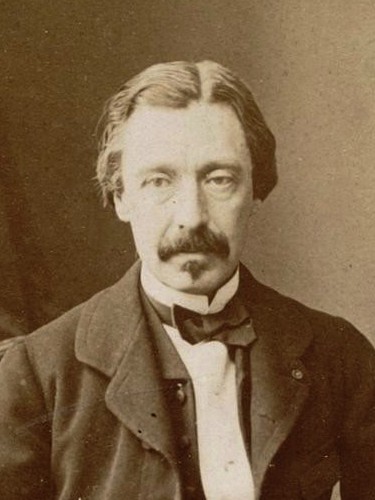




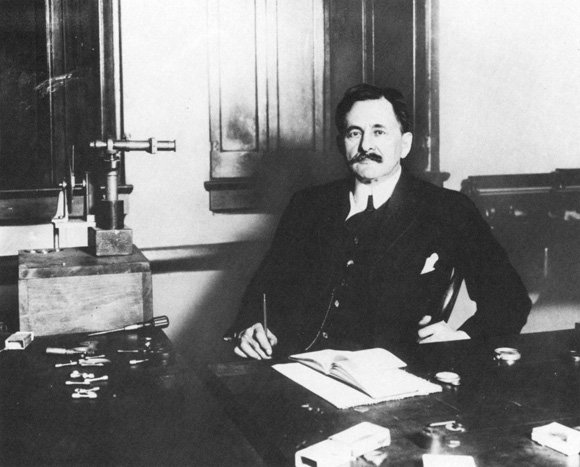



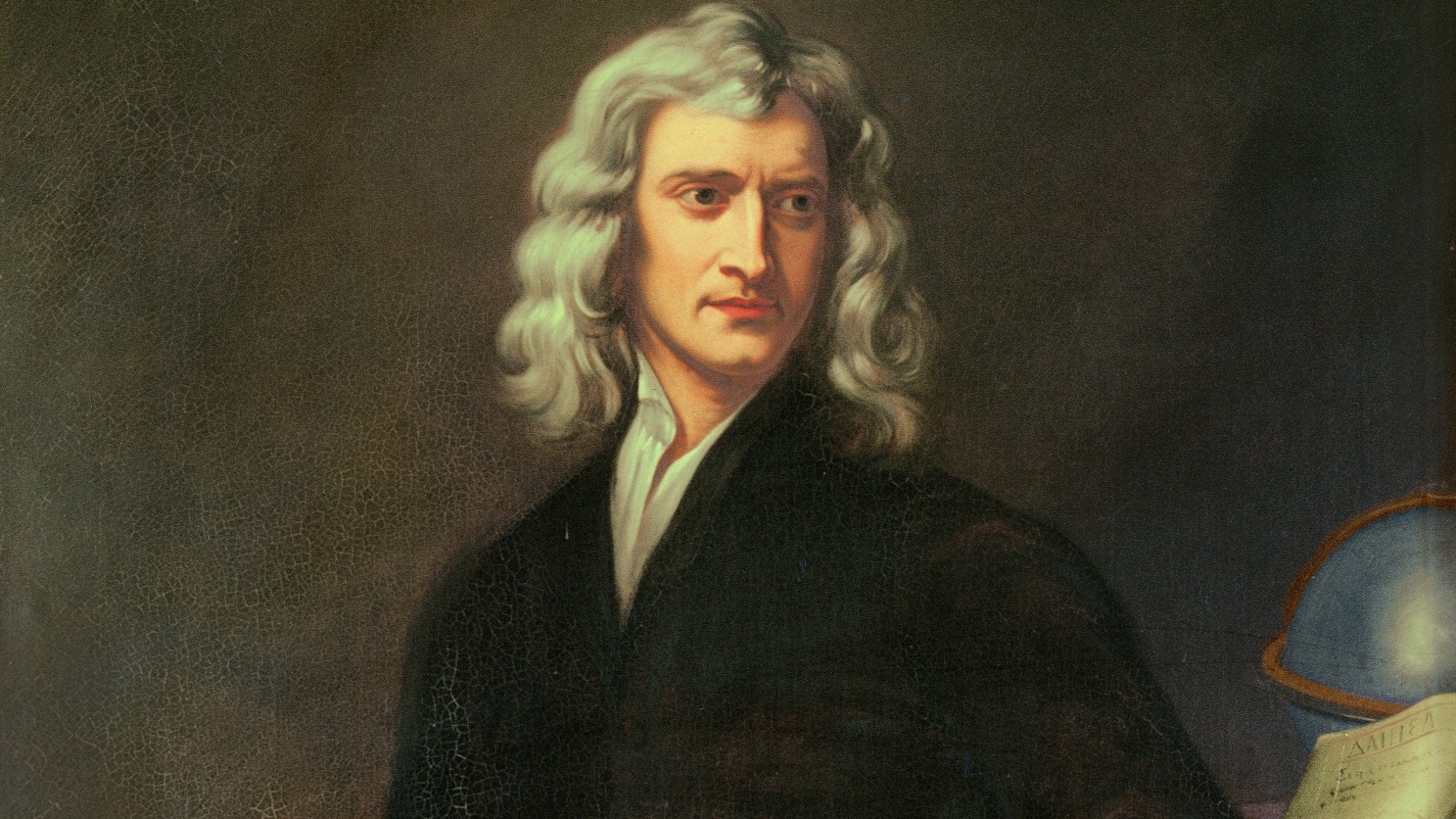

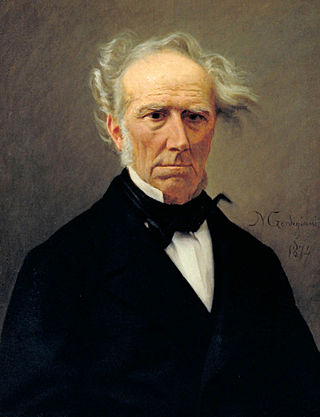
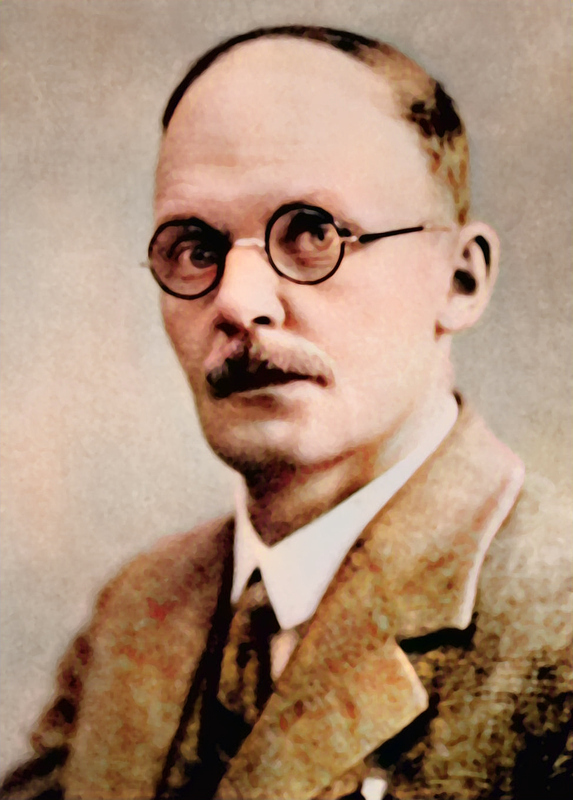
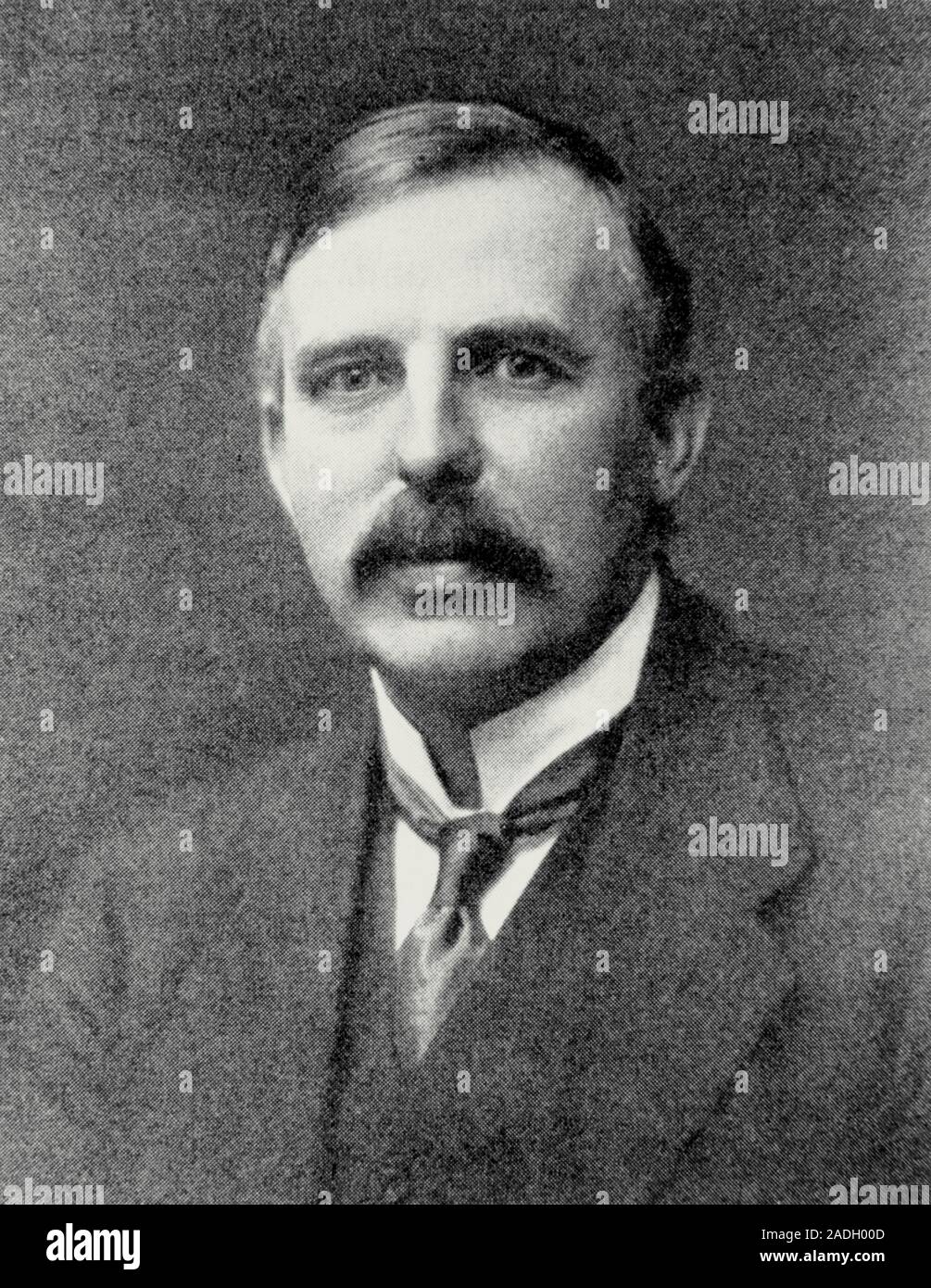




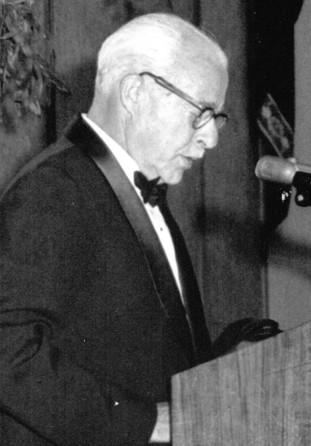
Comments